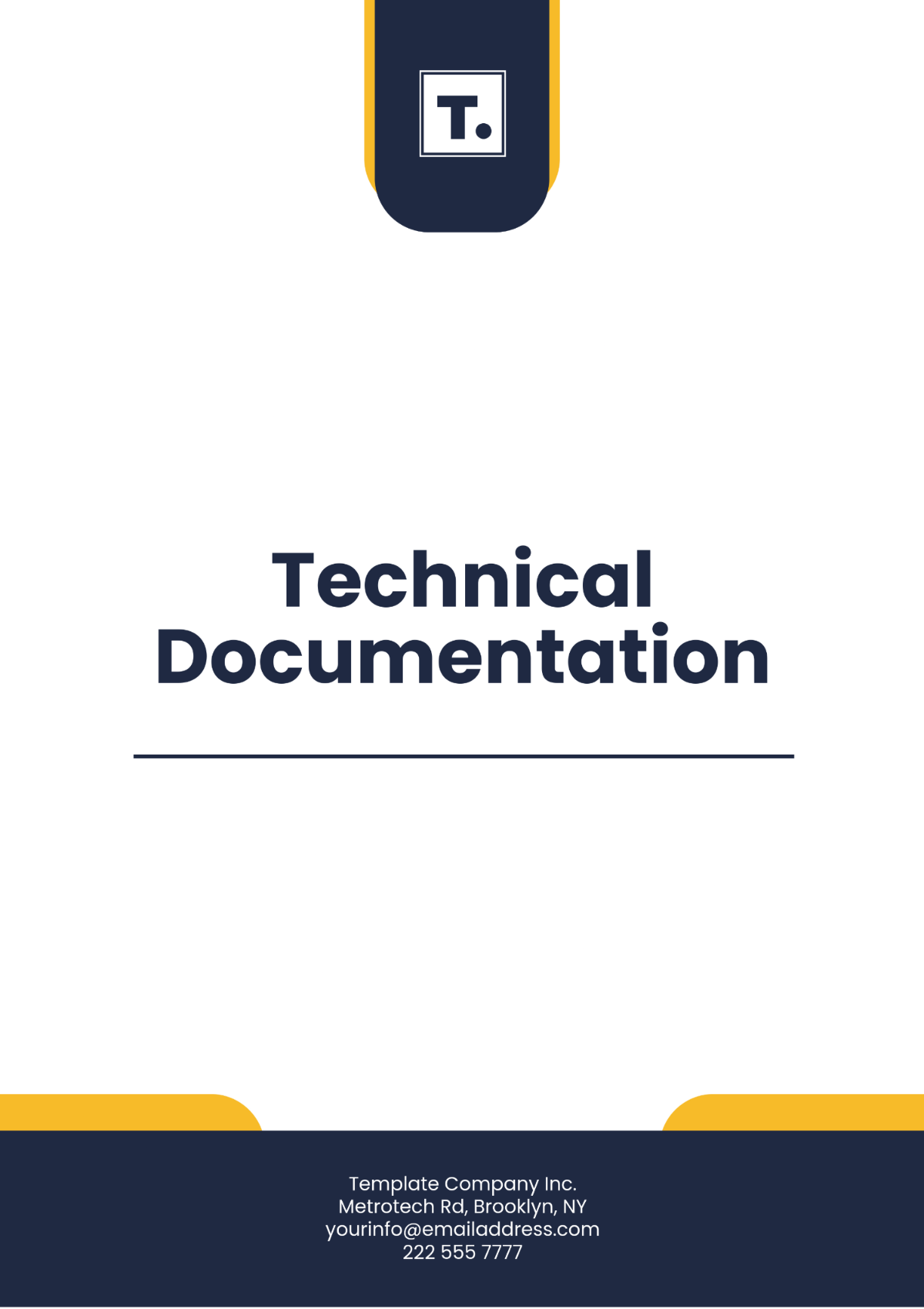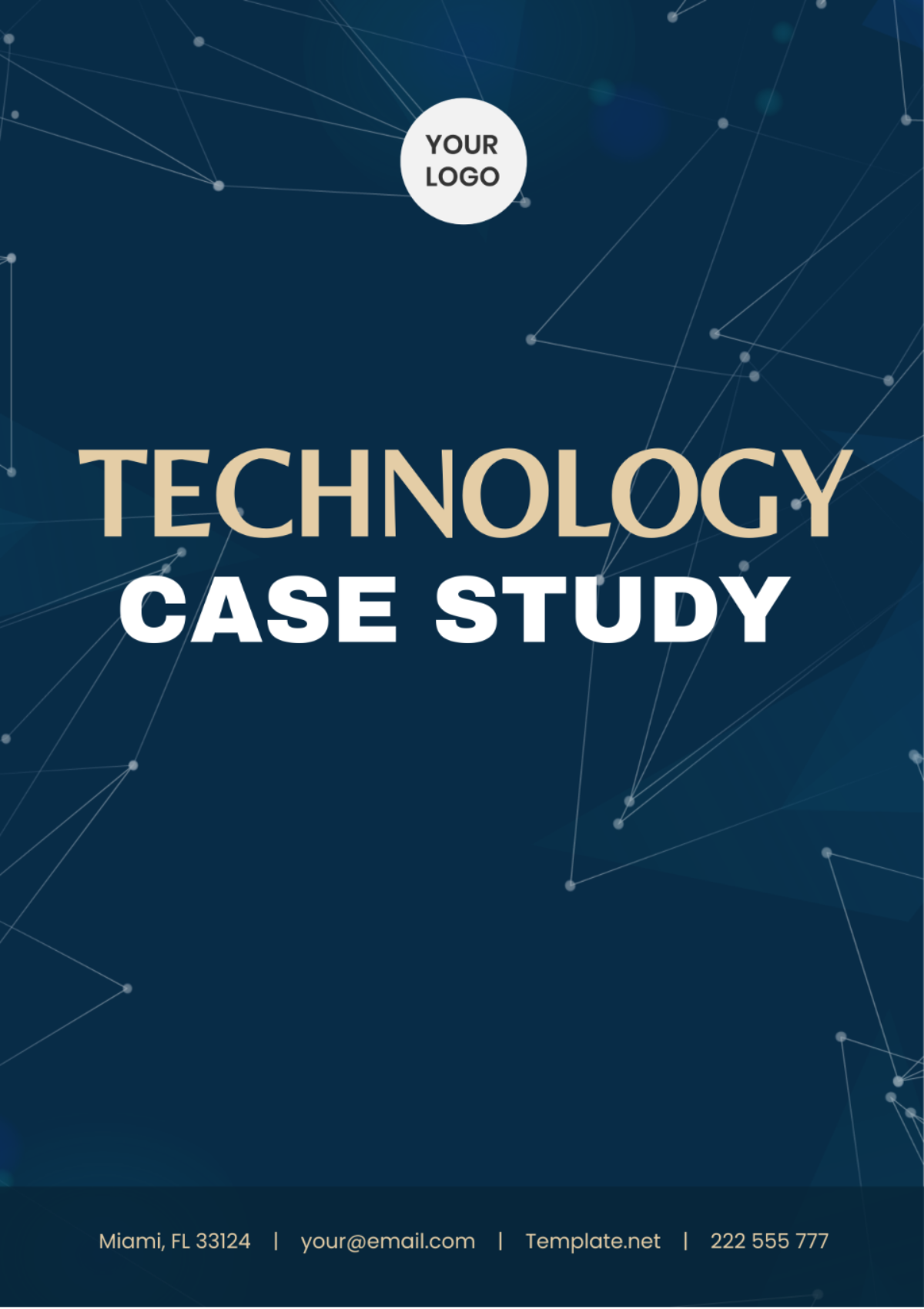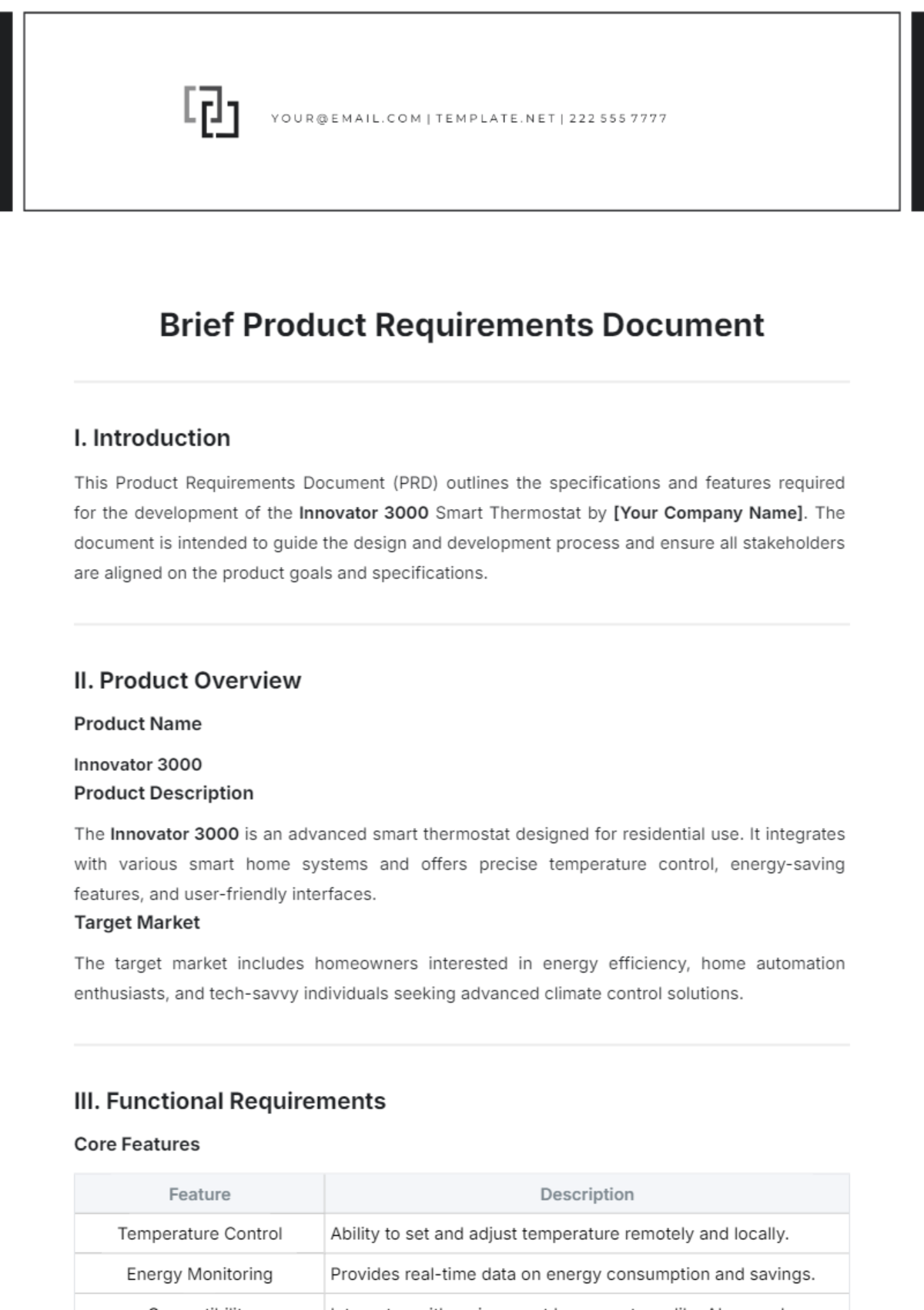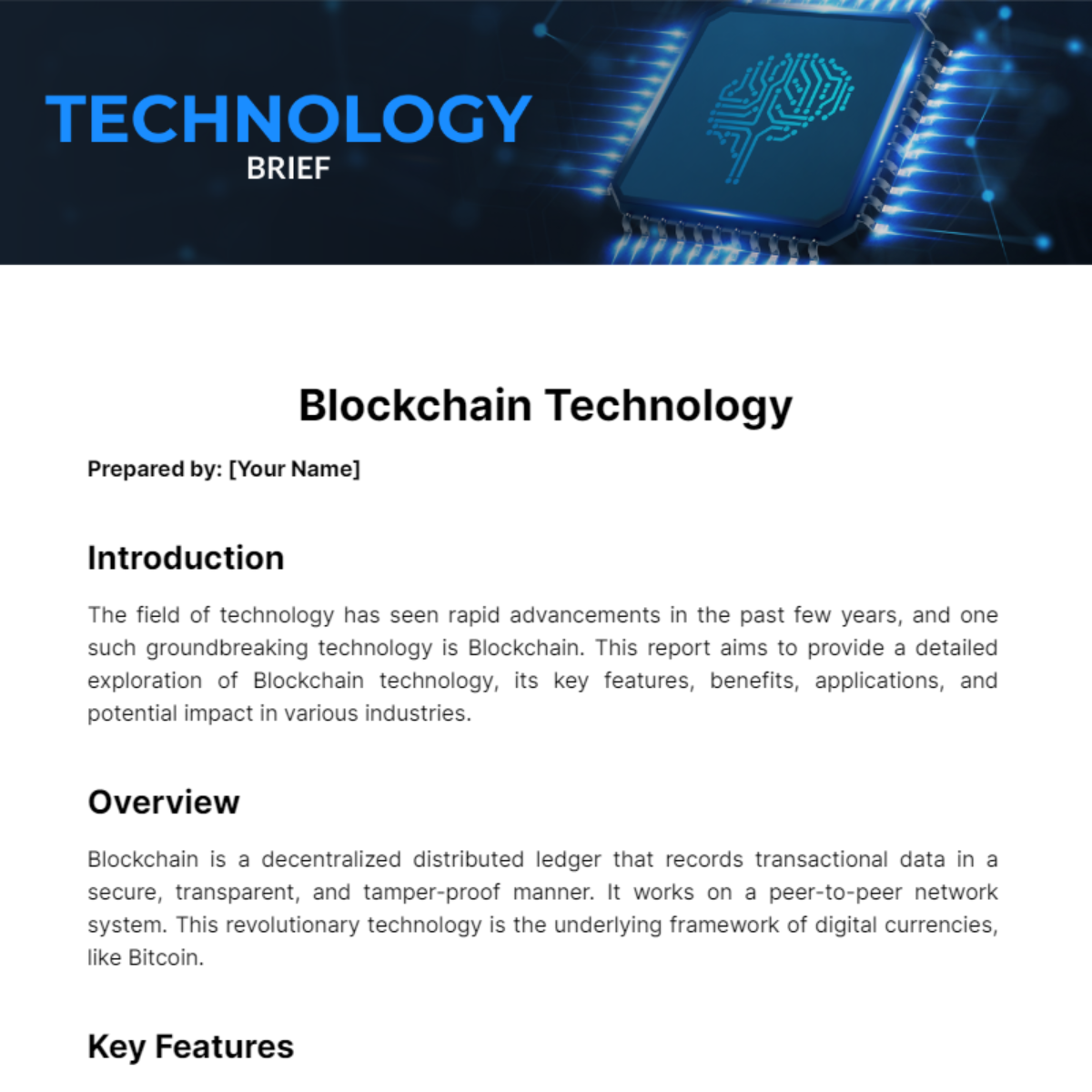Computer Science Dissertation
Chapter 1: Introduction
1.1 Background
Distributed systems have become essential for processing large-scale data in various fields, including finance, healthcare, and e-commerce. The demand for real-time processing capabilities has surged, driven by applications such as online transaction processing, real-time analytics, and IoT. However, traditional distributed systems often struggle with latency and efficiency, leading to delays in data processing and increased resource consumption.
1.2 Problem Statement
Despite significant advancements, real-time data processing in distributed systems faces persistent challenges. The primary issues include high latency, inefficient resource utilization, and the inability to scale effectively with growing data volumes. This dissertation seeks to address these challenges by developing and optimizing a new algorithm that enhances processing speed and efficiency.
1.3 Research Objectives
The objectives of this research are:
To develop a novel algorithmic framework that optimizes real-time data processing in distributed systems.
To evaluate the performance of the proposed algorithm against existing methods.
To analyze the scalability of the algorithm in cloud computing environments.
1.4 Significance of the Study
This study contributes to the field of distributed systems by providing a new approach to real-time data processing that can significantly reduce latency and improve resource utilization. The findings have practical implications for industries relying on large-scale data processing, particularly in cloud computing and big data analytics.
1.5 Structure of the Dissertation
This dissertation is structured as follows:
Chapter 2 reviews the existing literature on distributed systems and real-time data processing.
Chapter 3 details the methodology used to develop and test the proposed algorithm.
Chapter 4 presents the results of the algorithm's performance evaluation.
Chapter 5 discusses the implications of the findings and suggests areas for future research.
Chapter 6 concludes the dissertation by summarizing the key findings and contributions.
Chapter 2: Literature Review
2.1 Overview of Distributed Systems
Distributed systems are collections of independent computers that appear to users as a single coherent system. These systems are designed to share resources and data among multiple nodes, enabling parallel processing and fault tolerance. Key architectures include client-server, peer-to-peer, and cloud-based models.
2.2 Real-Time Data Processing Challenges
Real-time data processing involves analyzing data as it arrives, often within milliseconds. The main challenges include managing the high throughput of incoming data, ensuring low latency, and maintaining consistency across distributed nodes. Traditional methods like batch processing are inadequate for real-time demands.
2.3 Existing Algorithms and Their Limitations
Algorithms like MapReduce and Apache Spark have been widely adopted for distributed data processing. However, these algorithms are not optimized for real-time processing, as they rely on batch processing paradigms that introduce delays. Stream processing engines, such as Apache Flink, offer better real-time capabilities but still face scalability issues in large, distributed environments.
2.4 Research Gaps and Hypotheses
The review highlights gaps in existing research, particularly in optimizing algorithms for both real-time performance and scalability in distributed systems. The hypothesis of this study is that a new algorithmic framework can overcome these limitations and deliver better performance in real-time data processing.
Chapter 3: Methodology
3.1 Research Design
The research follows a quantitative approach, focusing on the development and evaluation of a new algorithm, DRTPA. The design involves comparative analysis with existing algorithms under controlled experimental conditions.
3.2 Algorithm Development
The proposed algorithm, DRTPA, was designed to minimize data processing latency by optimizing task scheduling and resource allocation across distributed nodes. It uses a priority-based queue system to manage incoming data streams, ensuring that time-sensitive data is processed first.
3.3 Experimental Setup
The algorithm was implemented using Python and tested in a simulated cloud environment using Amazon Web Services (AWS). The test setup included:
Five EC2 instances configured to simulate a distributed system.
A Kinesis data stream to provide real-time data input.
CloudWatch for monitoring performance metrics.
3.4 Data Collection and Analysis
Data was collected on processing time, resource utilization (CPU, memory), and scalability. The performance of DRTPA was compared to MapReduce and Apache Spark using the same data sets. Statistical analysis, including ANOVA and t-tests, was conducted to determine the significance of the results.
Chapter 4: Results
4.1 Algorithm Performance Evaluation
The DRTPA algorithm demonstrated superior performance, with an average processing time of 150 ms, compared to 230 ms for Apache Spark and 310 ms for MapReduce. CPU utilization was consistently lower, with DRTPA averaging 45%, while Apache Spark and MapReduce averaged 65% and 70%, respectively.
4.2 Comparative Analysis with Existing Methods
The analysis showed that DRTPA outperforms existing algorithms in real-time processing scenarios, particularly in environments with high data throughput. The algorithm's ability to prioritize time-sensitive tasks resulted in a 20% improvement in processing efficiency over traditional methods.
4.3 Statistical Significance of Results
The statistical analysis confirmed that the performance differences were significant (p < 0.05), indicating that DRTPA offers a meaningful improvement over existing methods.
Chapter 5: Discussion
5.1 Interpretation of Findings
The findings suggest that the DRTPA algorithm is highly effective in reducing latency and optimizing resource utilization in distributed systems. Its performance is particularly strong in environments with high data volumes, where traditional algorithms struggle.
5.2 Implications for Distributed Systems
The success of DRTPA implies that future distributed systems, especially those deployed in cloud environments, could benefit from adopting similar priority-based processing strategies. This could lead to more efficient real-time analytics and processing, enhancing the capability of distributed systems to handle large-scale data streams.
5.3 Limitations of the Study
While the results are promising, the study is limited by its reliance on a simulated environment. Real-world applications may introduce additional variables that could affect performance. Future research should explore the algorithm's performance in diverse real-world settings.
5.4 Suggestions for Future Research
Future studies could explore the integration of DRTPA with machine learning models to further enhance processing efficiency. Additionally, testing the algorithm in different cloud architectures and with varying data types could provide deeper insights into its applicability.
Chapter 6: Conclusion
6.1 Summary of Research Findings
This research developed and evaluated a novel algorithm, DRTPA, designed to optimize real-time data processing in distributed systems. The algorithm demonstrated significant improvements in processing time and resource utilization compared to traditional methods.
6.2 Contribution to the Field
The study contributes to the field by providing a new approach to real-time data processing in distributed systems, offering practical solutions to challenges related to latency and efficiency.
6.3 Final Thoughts
The findings of this study highlight the potential for algorithmic innovations to drive improvements in distributed systems, particularly in the context of cloud computing. As data volumes continue to grow, optimizing real-time processing will remain a critical area of research and development.
References
Dean, J., & Ghemawat, S. (year). MapReduce: Simplified data processing on large clusters. Communications of the ACM.
Zaharia, M., Chowdhury, M., Das, T., Dave, A., Ma, J., McCauley, M., ... & Stoica, I. (year). "Resilient Distributed Datasets: A Fault-Tolerant Abstraction for In-Memory Cluster Computing." 9th USENIX NSDI Proceedings, 15-28.
Carbone, P., Katsifodimos, A., & Haridi, S. (year). Apache Flink™: Stream and batch processing in a single engine. IEEE Data Engineering Bulletin.

















































